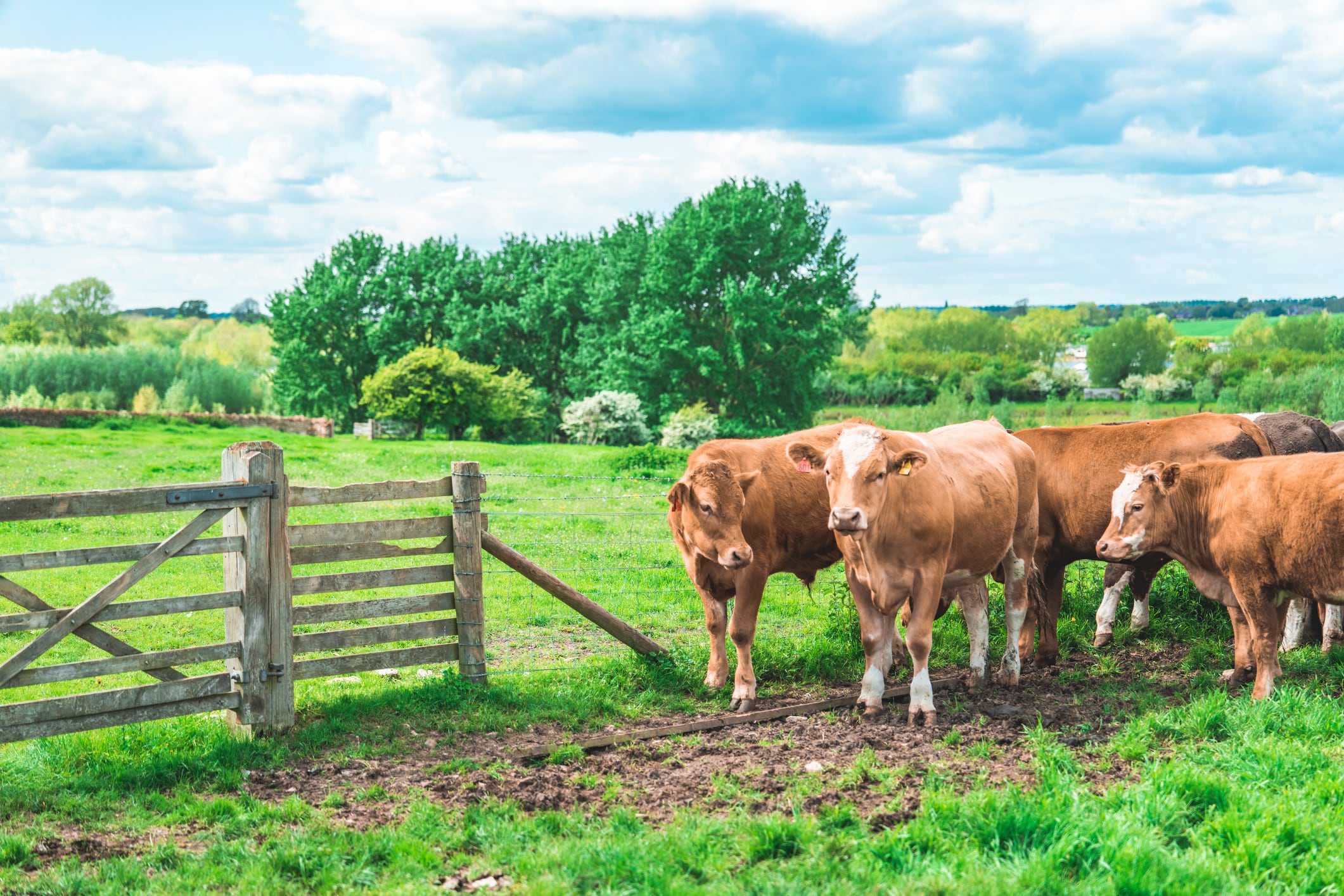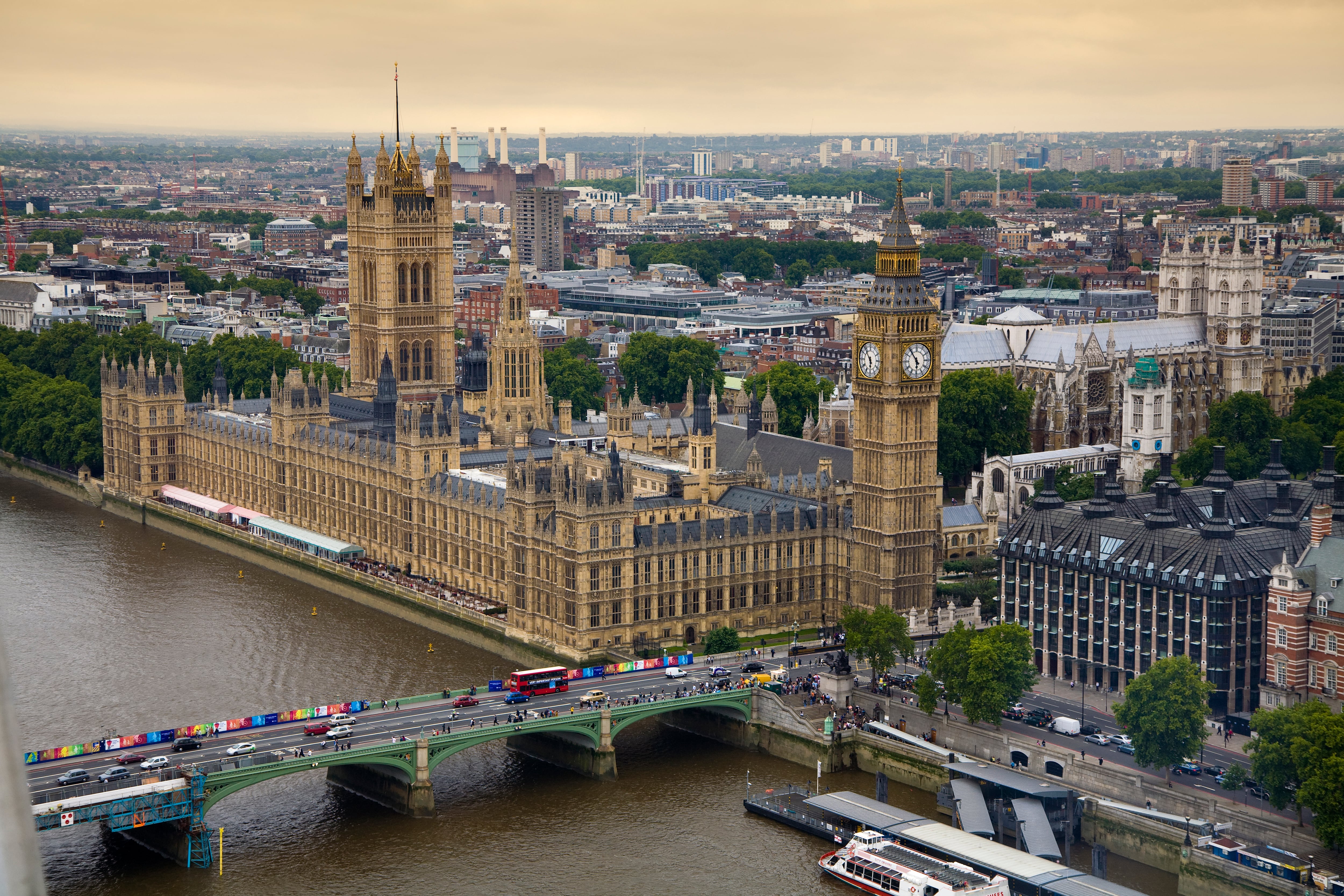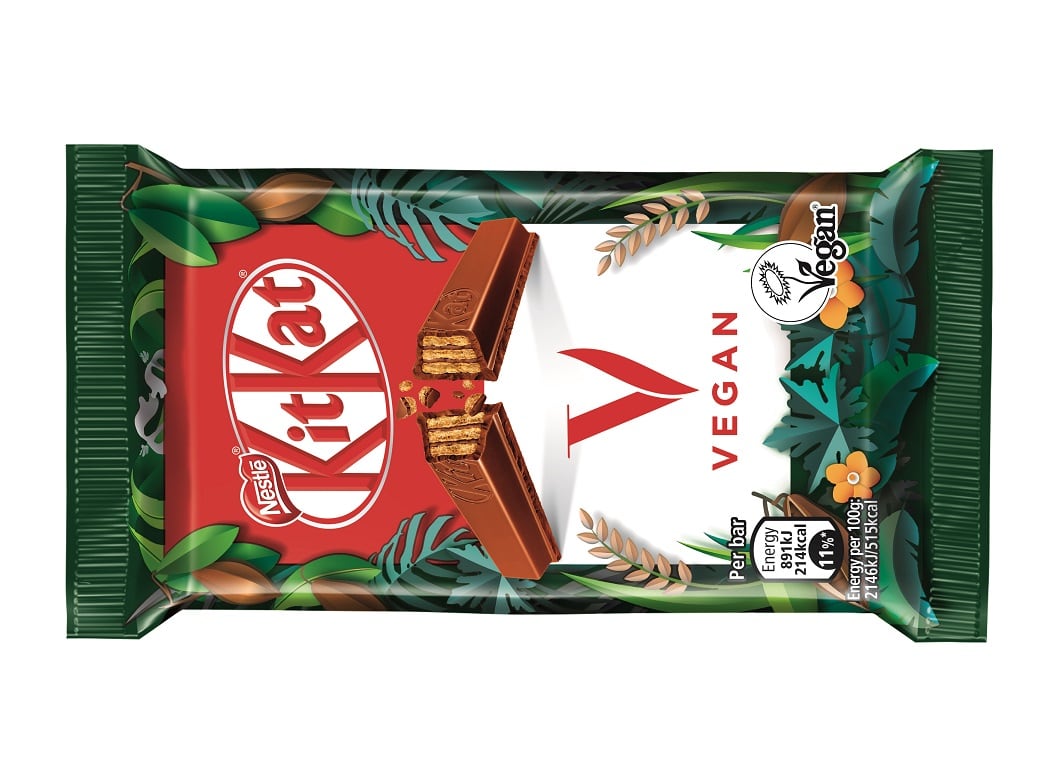The new study, published in Nature Food, collected data on VAT rates for foods from the UK and the European Union (EU) and then used economic, environmental, and health assessments to estimate the impact of changes in these rates.
Maintaining a zero-rating on fruits and vegetables while increasing VAT on meat and dairy products to the full rate (i.e. 20% VAT) could lead to healthier diets by reducing meat and dairy intake.
The study estimated that applying full rate VAT to meat and dairy products would decrease the intake of both groups by a two portions per week in the UK and by one portion a week in the EU.
‘Not fit for purpose’
Lead author Professor Marco Springmann of the UCL Institute for Global Health and University of Oxford said: “When it comes to food, the tax systems across the EU and the UK are currently not fit for purpose. A modern tax system that addresses the critical health and environmental challenges of the food system is urgently needed.
“Adjusting the VAT rates of food groups based on their health and environmental impacts is as good as a no-loss policy gets whilst delivering benefits for public health, the environment, and even government revenues.”
Outside of the health benefits – it claimed there would be 2,000 less deaths in the UK alone due to a reduction of meat and dairy intake – the demand for agricultural land in the UK and Europe would be cut by a size between that of the Republic of Ireland and Scotland, even when factoring in increased production of fruits and vegetables.
Climate-warming gases would be cut by an amount that is equivalent to those of Scotland and Northern Ireland combined, while the reduction in demand for agricultural land would see water pollution cut by a tenth.
Clear justification
“In the UK and many European countries, value added taxes (VAT) on foods are often reduced but without a clear justification,” Springmann added.
“Setting VAT rates based on health and environmental considerations could have large implications for people’s health and the environment, alongside generating money for the economy.”
The cost of Brits’ diets would remain relatively similar, with most consumers expected to replace some higher priced meat and dairy with lower-priced fruit and vegetables. But while the cost make stay the same, the shift in tax base would generate greater revenues that governments could use elsewhere – revenues would increase by 0.6% GDP in the UK.
Meanwhile, the UK Government has been told to double the land used to grow fruit and vegetables in England in order to improve diets and ease the climate and nature crisis.





